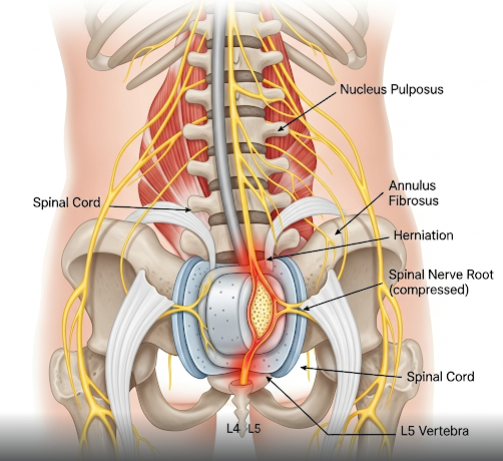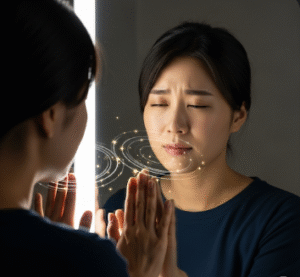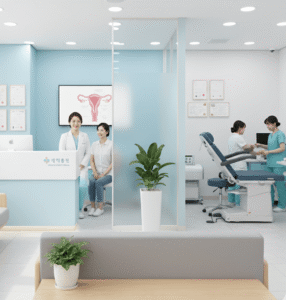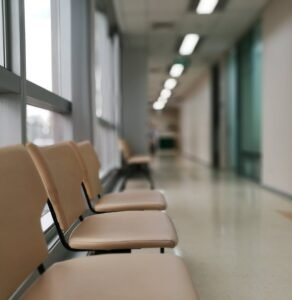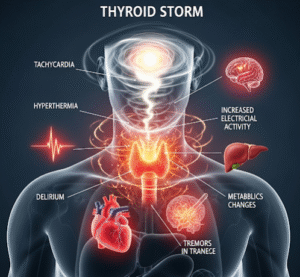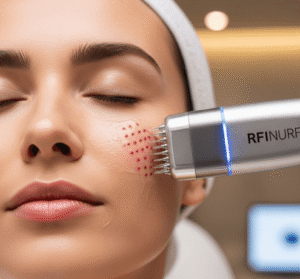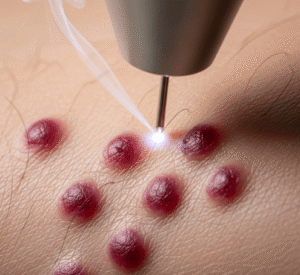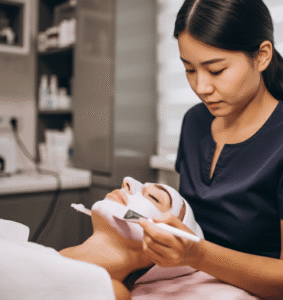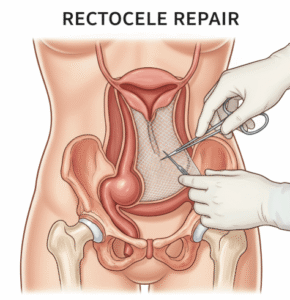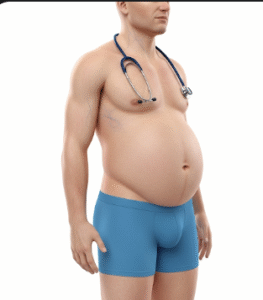Overview
Lumbar disc herniation occurs when the soft inner gel of a spinal disc in the lower back pushes through a tear in the outer layer, irritating nearby nerves. It is a common cause of lower back pain and sciatica, affecting mobility and quality of life.
What Is Lumbar Disc Herniation?
The lumbar spine consists of intervertebral discs acting as cushions between vertebrae. Herniation happens when the disc’s nucleus pulposus protrudes through the annulus fibrosus, compressing spinal nerves and causing pain and neurological symptoms.
Symptoms
- Sharp or burning pain in the lower back
- Radiating leg pain (sciatica), often on one side
- Numbness or tingling in the legs or feet
- Muscle weakness in the affected leg
- Difficulty standing or walking due to pain
- Reduced reflexes in the lower limbs
Causes
- Age-related disc degeneration
- Sudden heavy lifting or twisting movements
- Repetitive strain or poor posture
- Traumatic injury to the spine
- Genetic predisposition to disc problems
Risk Factors
- Age between 30-50 years
- Sedentary lifestyle or physically demanding jobs
- Smoking, which reduces disc health
- Obesity, increasing spinal load
- Poor ergonomics
Complications
- Chronic pain and disability
- Permanent nerve damage if untreated
- Loss of bladder or bowel control in severe cases (cauda equina syndrome)
Prevention
- Maintaining good posture and body mechanics
- Regular exercise to strengthen core and back muscles
- Avoiding heavy lifting or using proper techniques
- Weight management
- Quitting smoking
Treatment Options in Korea
Korea offers advanced treatment options for lumbar disc herniation:
- Conservative Management: Physical therapy, pain medications, and activity modification.
- Interventional Procedures: Epidural steroid injections, nerve blocks for inflammation relief.
- Minimally Invasive Surgery: Microdiscectomy or endoscopic discectomy to remove herniated disc material.
- Rehabilitation: Post-surgical physical therapy to restore function.
- Complementary Therapies: Acupuncture and herbal medicine to support recovery.
- Advanced Diagnostics: MRI and CT imaging for precise evaluation and treatment planning.
Korean spine specialists provide personalized treatment combining modern medicine and traditional approaches to optimize recovery and reduce pain.

